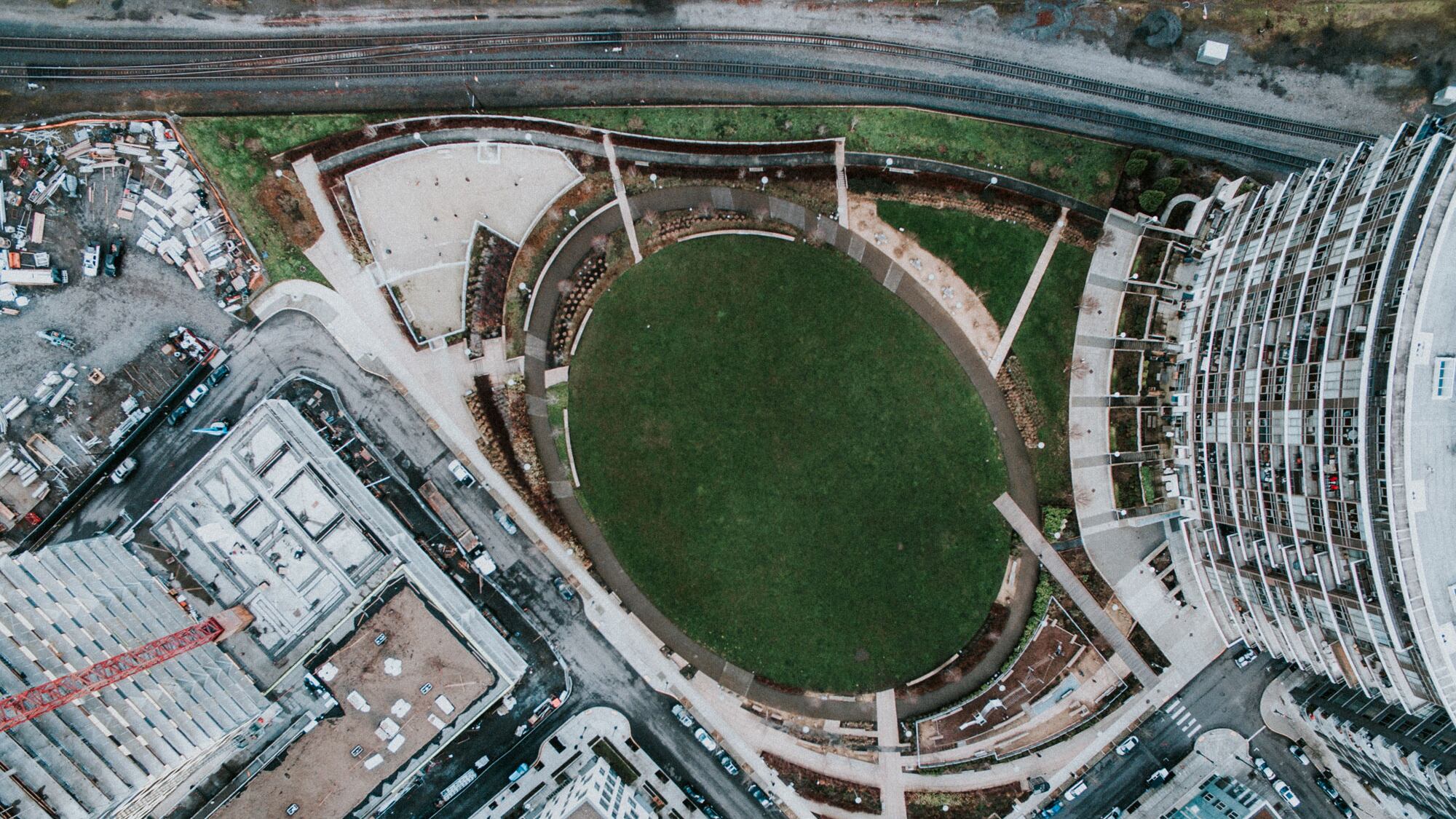In a reversal, City Council gave preliminary approval to a 17-story tower in the Pearl District after the developer made changes to create more space for a bike and pedestrian path along the Willamette River.
The fight over the project, known as the Fremont Place Apartments, was among the battles where people who live in tall towers objected to the new buildings going in and blocking their views.
The Pearl District Neighborhood Association appealed to City Council after the project won approval at the city's Design Commission.
Related: Economists Say a Portland City Council Rejection of New Housing Sends Dangerous Signals
The City Council initially sided with the neighborhood association, causing alarm within that the development community that a denial would discourage building in Portland even as the city faces a housing shortfall.
Ultimately, the Council voted to reconsider the project.
Among the key technical changes addressed by the architect since it was last before Council: The pavement of the Willamette River Greenway, as the bike and pedestrian path is called, will be a minimum of 20 feet, instead of 13 feet. And the building will be 43 feet from the seawall.
That was among a few changes the architect made after the building was given a preliminary thumbs-down. The developer also added affordable art studios in the bottom floor.
Related: Pearl District Tower Gets a Second Chance to Win Approval From Portland City Council
And after changes to the proposal, the neighborhood association agreed to support the building, as The Oregonian reported last week. The developer also agreed to donate $35,000 the neighborhood association said would go toward the legal costs of the appeal.
That $35,000 payment to the neighborhood sparked a moment of controversy at Council today—as a critic sounded the alarm that it could set a dangerous precedent.
"I find this egregious," Neilson Abeel, a founder of the Pearl District Neighborhood Association, told Council.
"I think this is a path that everyone in this room will eventually regret. I think it's unethical. It's tantamount to either blackmail, bribery, or hush money. I think the idea that a neighborhood association would approach a developer to be compensated is something this council should take up as a discussion."
The mayor denied knowing that the neighborhood association had been paid.
But that sum was reported by The Oregonian, which in turn linked to the announcement posted on the neighborhood association website.
The neighborhood association representative was on hand to testify to the group's change of heart.
The changes "have satisfactorily addressed the concerns of the Pearl District Neighborhood Association," Stan Penkin, president of the neighborhood association, told council.
The vote was 4 to 0. Commissioner Dan Saltzman was absent. The final vote will be May 31.
